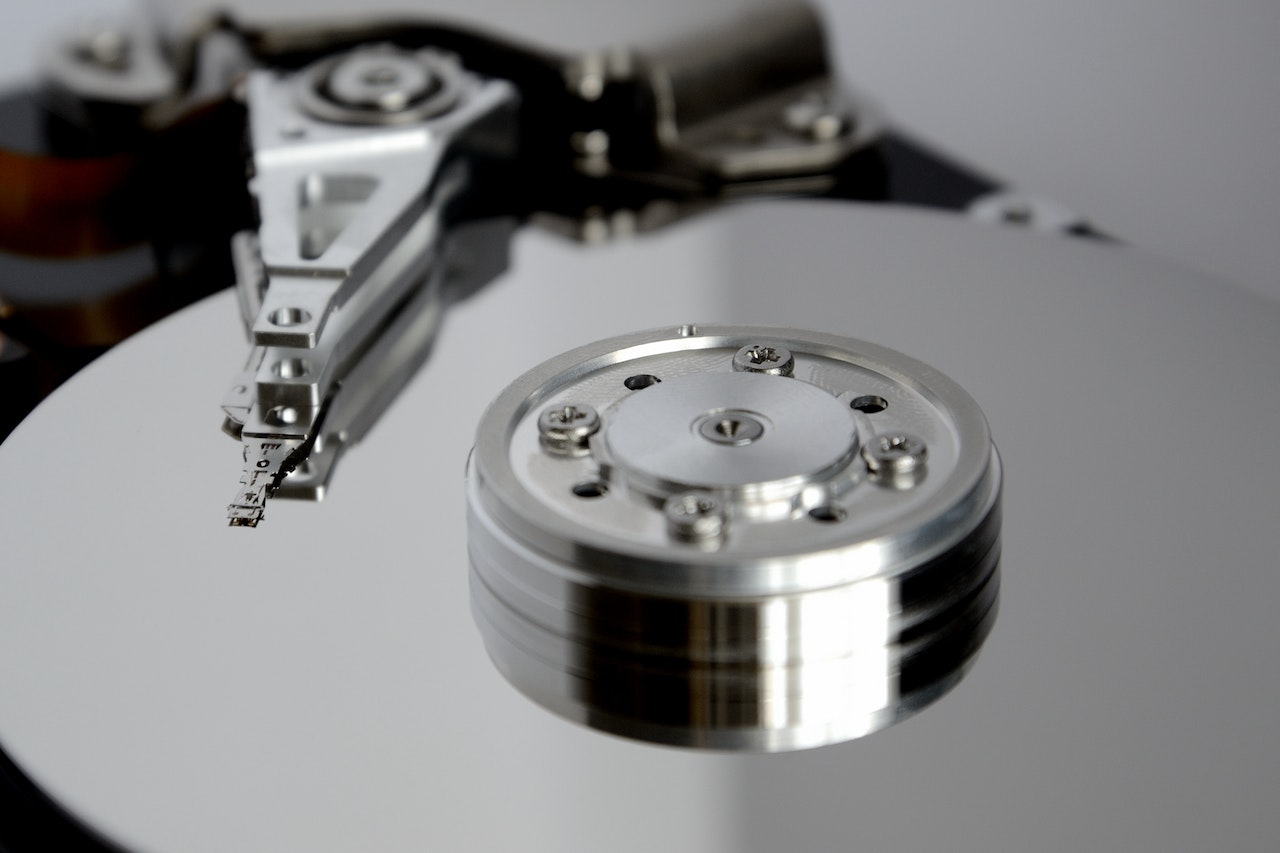What Are The Advantages of SSD Compared to HDD

The decision between SSD and HDD doesn’t come down to a simple answer of one being better than the other. While both drives offer advantages and disadvantages, it is important to understand the differences between them. To make an informed decision, here’s an in-depth look at the advantages of SSD over HDD storage.
First and foremost, let’s talk about speed. Compared to a traditional HDD, SSD’s read and write speeds are significantly faster. As SSD’s have no physical moving parts, there’s no mechanical grinding or lag time caused by a spinning disk. You can expect to boot up a laptop or computer significantly faster with an SSD compared to an HDD.
For people in the market for improved hosting education, SSDs are the way to go for faster data transfer on the web. With no spinning platters, SSDs can also avoid having your document, photos and videos take forever to load.
That same lack of spinning platters also translates to a more dependable device. HDD’s are prone to dropping and sudden vibrations, possibly leading to lost data. In comparison, SSDs won’t suffer the same issue and are therefore more likely to keep your data safe and secure.
On a more technical level, SSDs offer larger capacities for more data. If you’ve ever had too many files for your hard drive to hold, an SSD is the obvious solution. As technology evolves and storage sizes get bigger and bigger, SSDs are the way to go.
Finally, let’s talk about cost. As of 2020, an HDD is still cheaper than an SSD. You can expect to pay anywhere from a few to several hundred dollars more for an SSD. However, the price per gigabyte of SSD storage is decreasing, while the cost of an HDD remains the same.
Though there are definite advantages of SSDs over HDD’s, it’s ultimately up to you to decide which is right for your computing needs. In the end, both HDDs and SSDs are wonderful for different reasons and it’s important to weigh them against your needs and budget.
Computers, in general, have become an inevitable part of businesses today. From the smallest of enterprises to the largest of corporations, computers are used everywhere. One of the most important aspects of a computer’s hardware is the hard drive. Hard Drives are mechanical devices that store all the data that a user can access on a computer. While Hard Disk Drives (HDD) used to be the standard for storage, Solid State Drives (SSD) are quickly becoming the superior choice for users and businesses alike.
SSD's are much faster than HDD's, providing faster access to stored data. They’re also much more lightweight and durable, making them quieter, cooler, and better for on-the-go use. On terms of performance, SSD’s provide read and write speeds up to ten times faster than HDD’s. This feature is particularly beneficial for large businesses, who can reduce the number of machines needed for performing the same task, or for hosting and/or streaming educational applications.
Compared to HDD’s, SSD’s also provide overall improved reliability thanks to their lack of moving parts. With no disks to spin, they’re more shock resistant and have longer read/write lifespans. As a result, SSD’s experience virtually no lag time or spinning down and up again processes.
Finally, from an energy consumption standpoint, SSD’s require significantly less power compared to HDD’s. This is especially important for businesses, who want to maximize efficiency with resource consumption. Since SSD’s need less power to work, they help reduce your carbon footprint and let you save more on energy bills.
For businesses looking to modernize their computer systems, the advantages of SSD’s compared to HDD’s are definite. Not only can they reduce the number of machines needed, but they also reduce energy consumption, provide a faster user experience, and increased reliability. If you’re looking to optimize your technology use and get ahead of the competition, then it may be time to consider investing in SSD’s.
The great debate between storage device technology users—HDD or SSD? It’s an age-old argument that usually ends in a draw. Both hard disk drive (HDD) and solid-state drive (SSD) have their own unique benefits. It all depends on what you need and the type of computer you have. Here, we discuss some of the advantages of SSD compared to HDD.
Firstly, we'll focus on the hosting education context. SSDs offer a much faster data read and write speeds compared to HDDs. For example, a 5400 RPM HDD can read data at a rate of up to 150MB/s while an SSD is capable of reading data at speeds of up to 530MB/s. This makes SSDs a much faster and more reliable option for hosting operations where data needs to be quickly written and read.
When it comes to computer operation, the faster speeds of SSDs can be a huge benefit. Boot times for computers equipped with SSDs are significantly lower than those with HDDs. This means that your computer can be up and running quickly for when you need it most. Additionally, having a faster read and write speed can help reduce lags and stutters during applications and games.
In terms of reliability, SSDs have the edge. Data stored on HDDs is much more prone to mechanical failure due to its spinning plates. Such mechanical failures can result in data loss, corrupting valuable information and crashing your system. SSDs, on the other hand, use a newer technology that does not rely on physical components, making them much less prone to failure.
Finally, cost is usually a major factor when deciding between HDD and SSD. Although older HDD models are much cheaper, the overall price of the larger and faster models makes them further apart. SSDs usually come out slightly more expensive, but the rise of popularity and the improvement of the technology itself has made the cost drops fairly steady.
Ultimately, the choice between HDD and SSD comes down to preference and budget. SSDs offer much faster read and write speeds, improved boot times and greater reliability compared to HDDs. However, HDDs are still more cost effective, making them a great choice for those on a tight budget.









